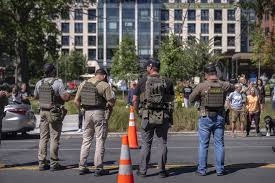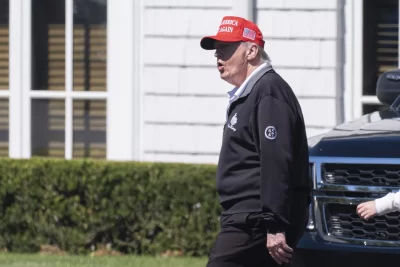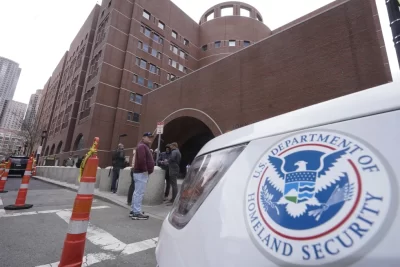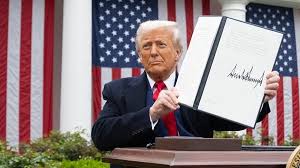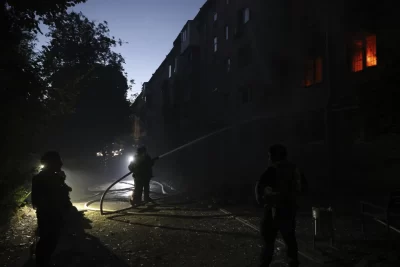
The Democrats’ delicate majority in the U.S. Senate puts extra pressure on California Gov. Gavin Newsom to quickly pick a replacement for Sen. Dianne Feinstein after her death.
Already, names were being floated Friday in California circles. The situation is complicated and wrought with political risk for Newsom, a term-limited governor with national political ambitions of his own.
The Democratic governor has promised to appoint a Black woman. He has also promised to avoid the field of candidates already running for Feinstein’s seat, which was set to expire at the end of next year and includes Rep. Barbara Lee, one of the state’s most prominent Black women currently serving in elected office.
In filling the Senate vacancy, Newsom has the sole authority to name a successor. He could even pick himself, though that is unlikely.
Newsom made no mention of Feinstein’s replacement in a statement he issued marking her death Friday morning.
On Capitol Hill, Feinstein’s death leaves Senate Democrats with no margin for error until a successor is appointed.
Democrats now have a functional majority of just 50 seats in the Senate, while Republicans hold 49. At the same time, many Democrats are calling for the resignation of the indicted Sen. Robert Menendez, D-N.J., although the embattled Democrat has vowed not to step down.
And while Democrats continue to control Congress’ upper chamber, Feinstein’s absence will make it harder to advance Biden’s judge nominees in the Judiciary Committee.
Newsom’s choices all run political risks.
Should he follow through on his pledge to avoid picking from those already running in the Senate primary, he could select a true caretaker who would be replaced by whomever voters select in next year’s election.
A handful of Black women in office have been floated as possibilities, including Secretary of State Shirley Weber and Los Angeles County Supervisor Holly Mitchell.
Lee and others lashed out at Newsom earlier in the month after he indicated he would select a caretaker instead of picking from the current slate of candidates.
“The idea that a Black woman should be appointed only as a caretaker to simply check a box is insulting to countless Black women across this country who have carried the Democratic Party to victory election after election,” Lee tweeted.
Some California Democrats are still upset about Newsom’s last Senate appointment.
He chose Alex Padilla, then California’s secretary of state, to replace Kamala Harris in the Senate when she was elected vice president. That process took more than six weeks. That made Padilla California’s first Latino senator, but it also left the Senate without a Black woman.
He later promised that if Feinstein’s seat became vacant, he would choose a Black woman to replace her.
“He made the commitment and I do not believe there is any wiggle room for the governor not to honor his commitment,” Kerman Maddox, a Los Angeles-based Democratic strategist and fundraiser, said before Feinstein’s death.
In a recent interview with Fox 11 TV in Los Angeles, Newsom said he was being swamped with recommendations for how to fill a possible Senate vacancy.
The decision for Newsom is clouded by his personal relationship with the late senator.
Newsom, whose father was a prominent judge in San Francisco, has known Feinstein since he was a child and has spoken recently about their personal connection. He interned in her office in college and said he considers her to be family. He said it wasn’t long ago that she would call him on the phone to discuss a variety of issues, from water policy to forest management.
“I have no objectivity whatsoever,” he said in a recent interview with NBC when asked about Feinstein and her decision to stay in the Senate.
He said he was hoping he would never have to make a decision to fill her seat.
___
Peoples reported from New York. AP writers Kathleen Ronayne in Sacramento, California, and Mary Clare Jalonick in Washington contributed.

